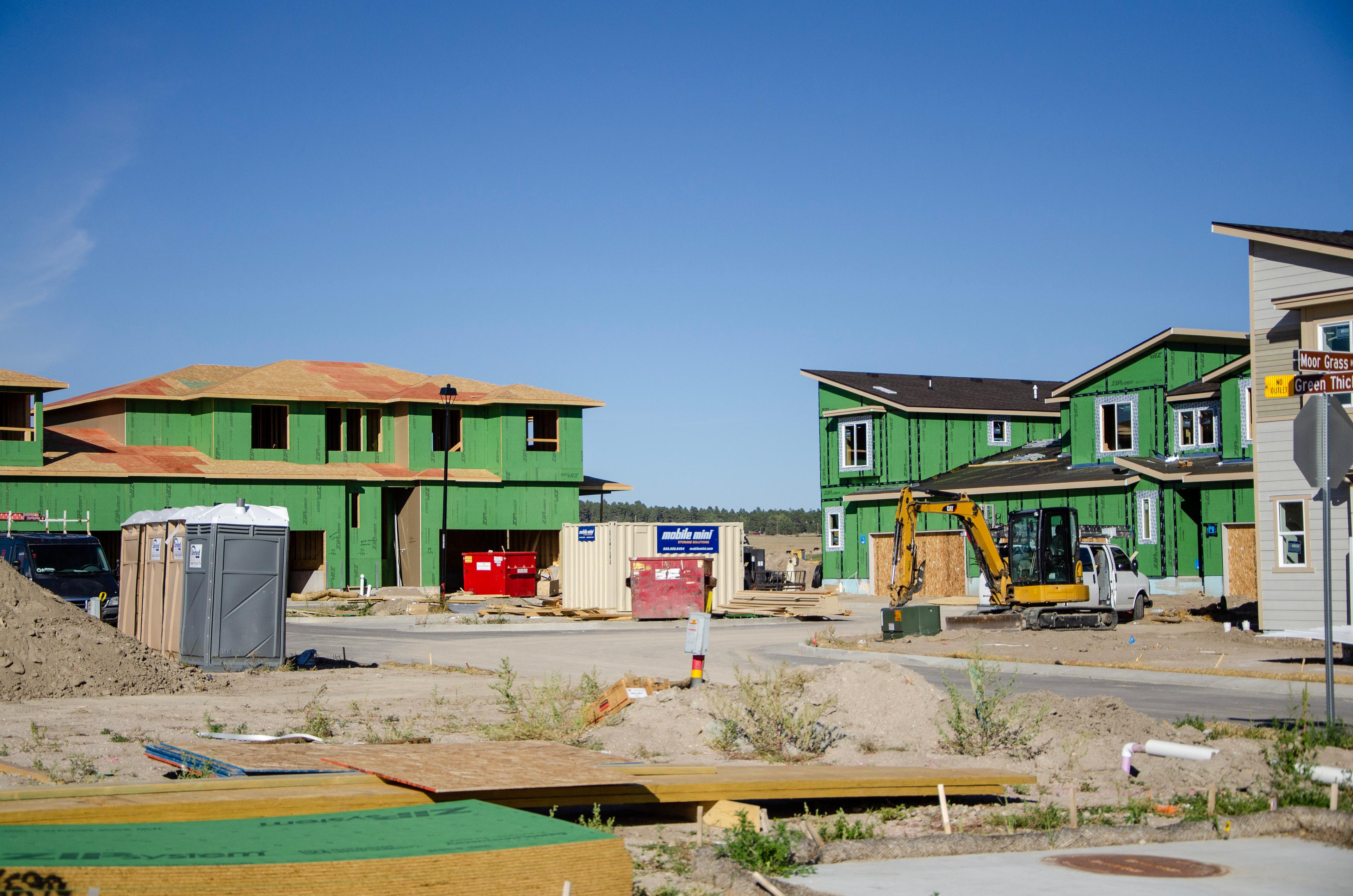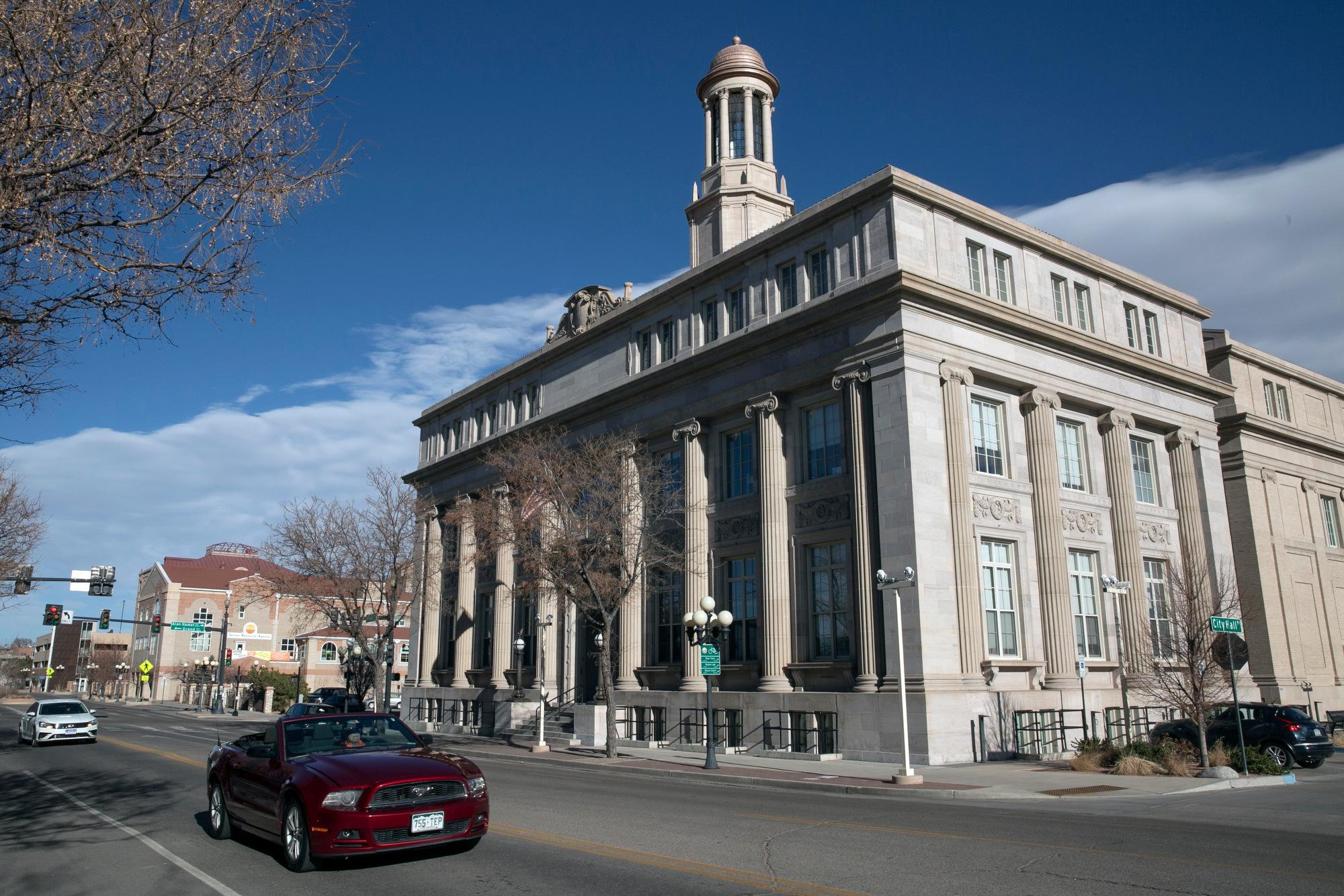
In late 2018, it looked like Colorado home builders were poised for a big slowdown. Things have changed and the reason for that might be as simple as sunshine.
Permits to build single family homes are still down 17 percent through the first five months of this year, according to the Census Bureau. In March, Colorado approved permits dropped 30 percent.
The decline in permits slowed in April and May and was down less than 3 percent in June.
Gene Myers, CEO of Thrive Home Builders, thinks the dip came from a combination of factors that started in December: the federal government shutdown, higher mortgage interest rates and bad weather all contributed.
“It surprised us how it continued on into this year,” he said.
Here Comes the Sun
April and May, however, were record home sales months for Myers. He described it as “a head scratcher” and when asked what could have sparked the turnaround, he said suddenly beautiful weather is “as good an explanation I can think of.” Home sales tend to lag in colder, darker months in Colorado.
Mortgage interest rates fell at the same time to about 4 percent, the lowest they’ve been since September 2017. Back in November, just before the dip, the 30-year fixed rate mortgage interest jumped to 4.87. While historically low, every increase in interest rates eats away at buying power, a problem felt most acutely in high-priced markets like Denver.
Since November, rates have fallen 16 percent and helped to juice sales in Colorado and across the nation.
“The purchasing power to buy a home has been bolstered by falling mortgage rates, and buyers are responding,” said Lawrence Yun, chief economist for the National Association of Realtors.
Still, the effects of snowy, wet, and cold weather along the Front Range will reverberate well into the summer.
Myers said the weather really affected the companies that prepare the sites before home builders start work, known as lot developers. Lot development has also remained slow as a result of the Great Recession and builders frequently complain that there aren’t enough sites in the best of conditions.
What Labor Shortage?
The other chief complaint in the Denver market is a lack of skilled labor. Over the years, that’s forced wages higher, which translates into higher home prices.
The construction labor force hasn’t substantially grown in Colorado in the last nine months. This is the first time employment growth in the sector has leveled off in seven years.
Myers believes that “the labor shortage has softened.” He recounted how a framing subcontractor came to him recently looking for more work, a scene almost unheard of during Colorado’s most recent building boom.
Single-family homebuilders have struggled to compete for labor with apartment builders. But there are signs apartment construction is slowing too.
The value of new residential construction in the Denver area dropped 25 percent through April, compared to the same period in 2018, according to Dodge Data & Analytics. Economists at Dodge say that’s in part because fewer big apartment projects got their start in 2019.
Economists also note big 2018 projects are still under construction. No one expects home construction, whether apartments or track homes, to collapse, especially in Colorado, where population growth remains strong. Metro Denver added more than 39,000 people last year.
That’s good news if you build homes.
“The demand has yet to be met,” Myers said. “We don’t see people moving out. We see them moving in.”









